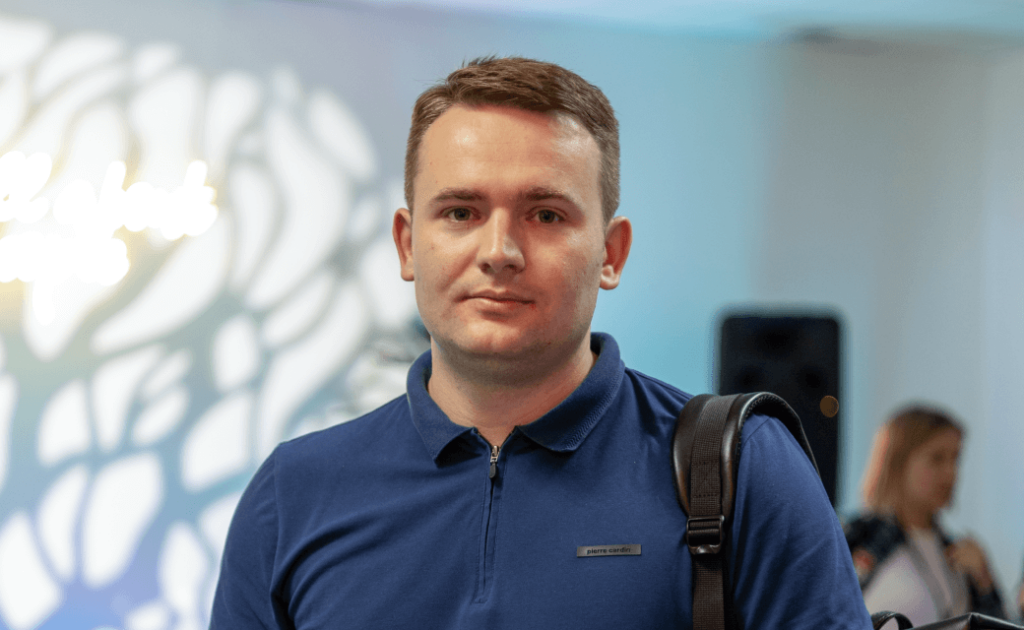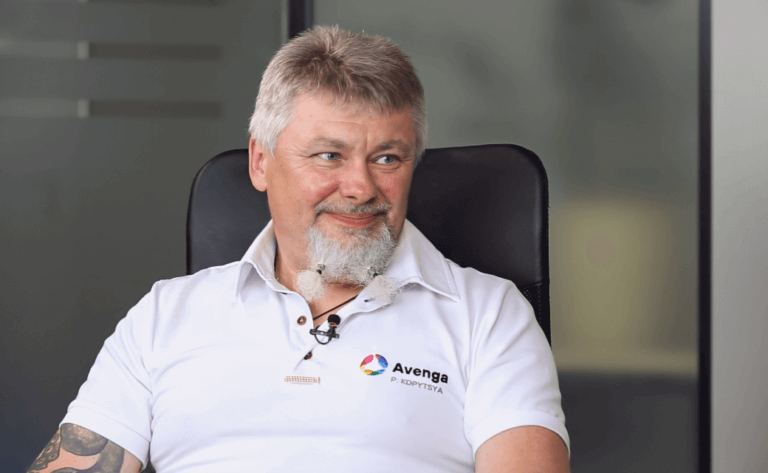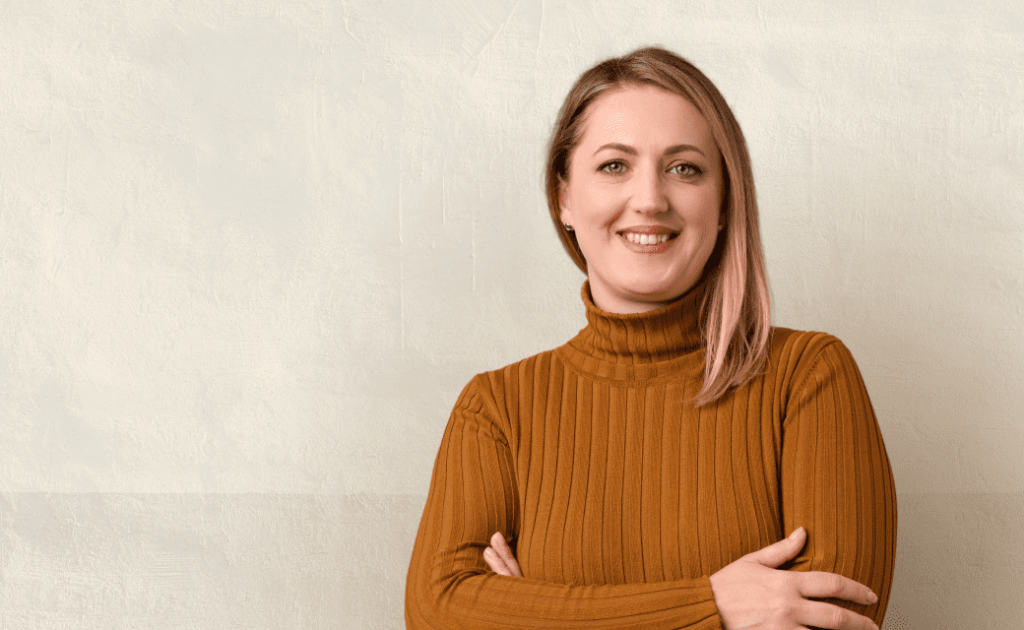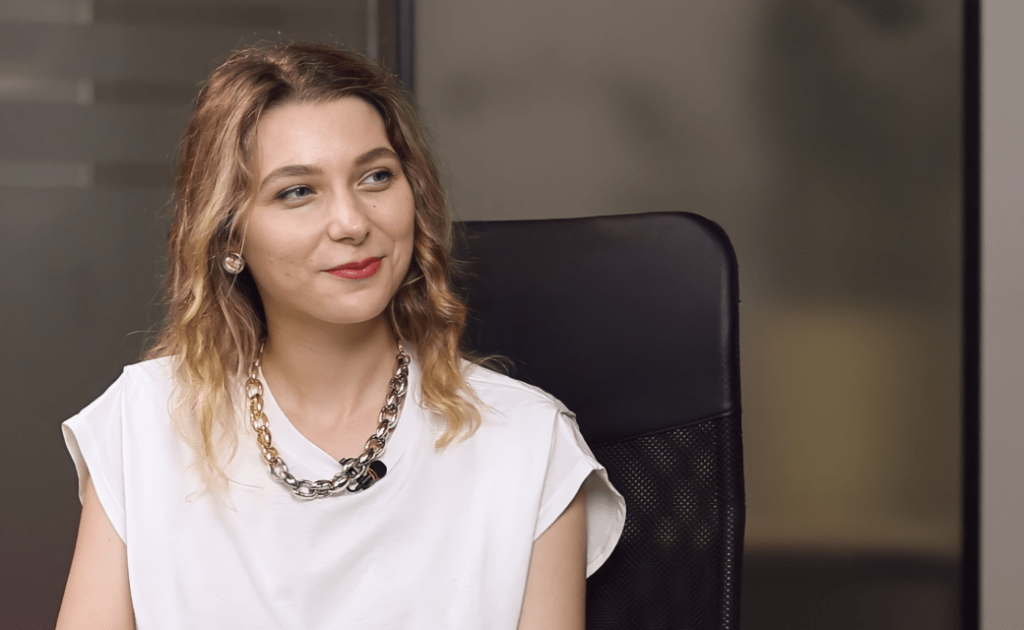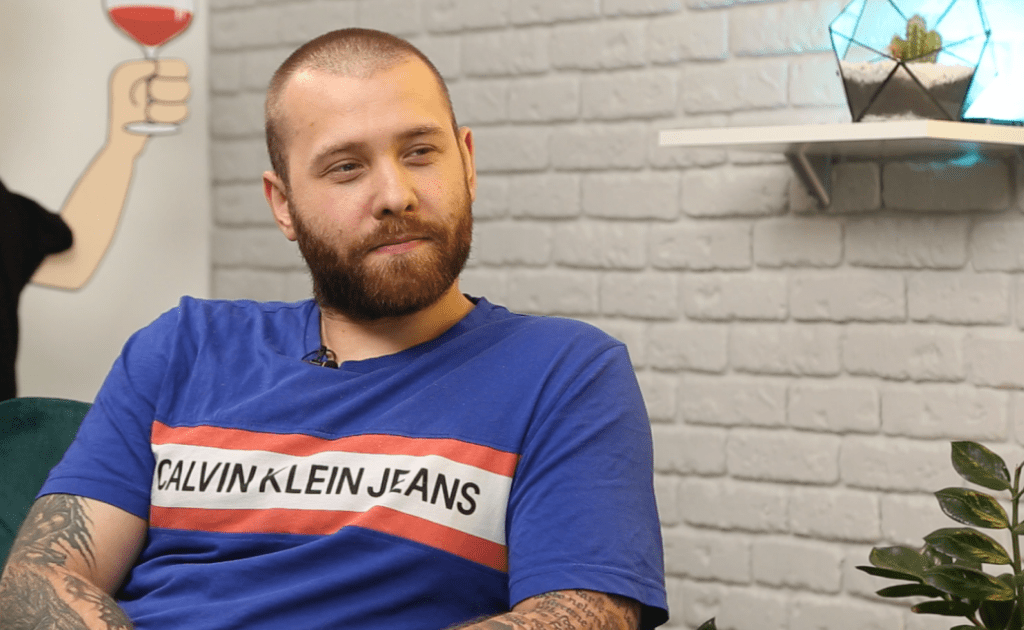Many of us know about traditional “fighting” between QA and Software Engineers regarding approaches to product quality. How do you handle such disagreements?
In my opinion, there is no conflict between QA and Developers. For me, everyone working on the project is always a friend. Everyone is interested in creating a valuable product for users or clients. The colleagues I have worked with have always tried to create the highest-quality product possible. Of course, sometimes you have to make concessions to release faster, which is necessary for overall success. However, this should be a conscious action after discussion and risk analysis.
You have several hobbies, including hiking and rock climbing. Stepan, do these hobbies influence your approaches to work?
Yes, for example, one of my hobbies is hiking. I have repeatedly participated in Gorgany Race competitions because I like challenging trials where you can go beyond the usual and comfortable conditions. These skills directly affect my ability to solve complex cases and be more effective at work.
Overall, my first serious hikes began as soon as I started working. For the first few years, I mainly went on one-day solo hikes, where I could only rely on myself. However, I enjoyed multi-day hikes without sleep the most, where the success of the hikes entirely depends on you and your moral and physical readiness. For a first hike, you only need good shoes to take your first step. After all, as you know, a way of a thousand miles begins with a single step. Hiking has taught me not to be afraid to start doing something on my own because, after difficult trials, it will be pleasant and exciting to see the results.

Please share with us advice you would give yourself at the beginning of your career.
Of course, I recommend learning English and being persistent in work and study. Also, it’s worth taking on difficult tasks, even if they need to be clarified and require time to research. I am convinced that in every task, even the most boring, you always need to see something new and use it for your development.








